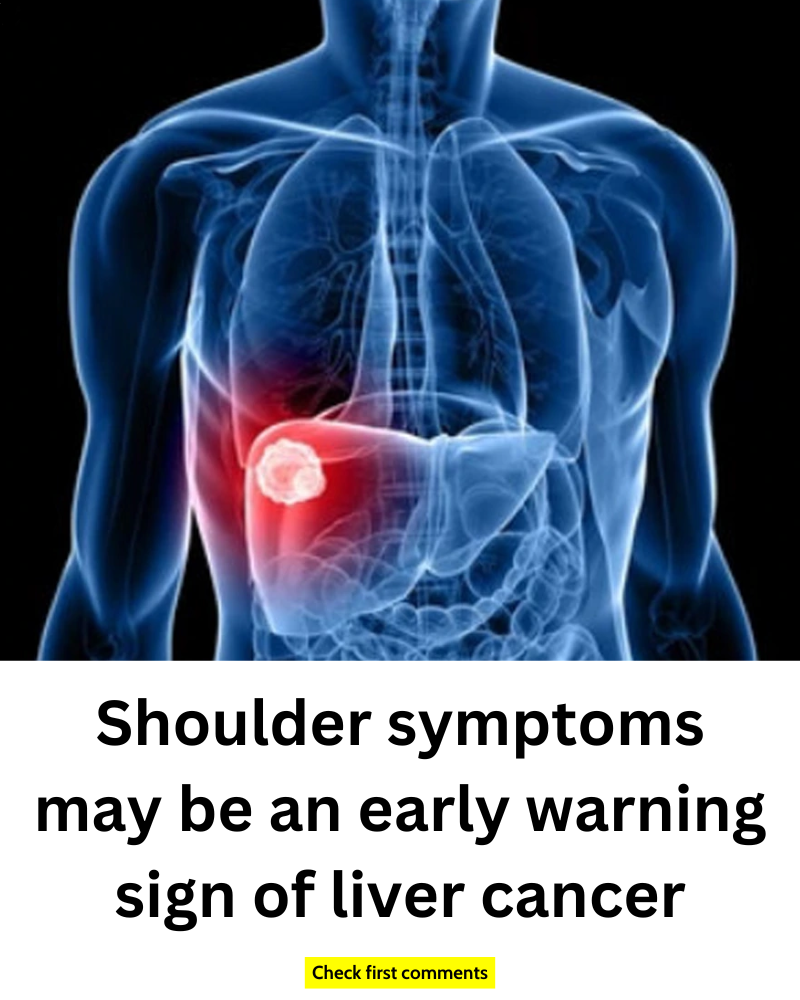
Liver cancer is a serious illness that affects thousands of people every year. Recognizing the warning signs and symptoms is crucial, as early detection can greatly improve the effectiveness of treatment.
Here are the key signs and symptoms of liver cancer that everyone should be aware of.
Understanding Liver Cancer
Liver cancer, medically referred to as hepatocellular carcinoma, begins in the liver cells. The liver plays a key role in digestion, metabolism, and detoxification. When cancer cells start multiplying uncontrollably in the liver, it can have a major impact on your overall health.
Signs and Symptoms
As with any form of cancer, being able to identify the signs early gives you the best chance at successful treatment. Being informed means you’re more likely to seek medical attention before the disease advances. Here are some of the most common symptoms to watch for:
1. A lump in the abdomen
One of the most visible signs of liver cancer is a lump or mass in the upper abdomen—typically on the right side beneath the ribcage. Sometimes, the left side can be affected if the spleen is enlarged. These lumps are often painless, but any abnormal mass should be checked by a doctor.
2. Pain
Persistent discomfort or pain in the upper right abdomen or around the right shoulder blade can be another warning sign. The pain may intensify with movement or deep breathing.

3. Loss of appetite
A sudden decrease in appetite is common in those with liver cancer. It may come with a disinterest in food or a feeling of fullness even after consuming only a small portion.
4. Unexplained weight loss
Unexpected and significant weight loss, without any changes in diet or exercise, is often associated with liver cancer. Rapid weight loss should never be ignored.
5. Nausea and vomiting
As the disease progresses, ongoing nausea or vomiting may occur. These symptoms are often paired with general tiredness and a sense of weakness.
6. Jaundice
Jaundice is a typical sign of liver-related issues. It presents as a yellowing of the skin and eyes due to an accumulation of bilirubin in the blood. Additional symptoms can include dark-colored urine and pale stools.
7. Fever
A low-grade, persistent fever can also be linked to liver cancer. In some cases, it may be accompanied by fatigue and body aches, mimicking flu-like symptoms.
8. Hormonal symptoms from liver tumors
Occasionally, liver tumors can produce hormones that affect other organs, resulting in additional symptoms. These may include elevated calcium levels (hypercalcemia), high cholesterol, increased red blood cell count (leukocytosis), low blood sugar (hypoglycemia), breast enlargement, or a reduction in testicle size.

When to Seek Medical Advice
If you notice any of these signs or symptoms, it’s important to see a doctor. While they don’t always indicate liver cancer, they could point to other health issues that also require attention. And if it is liver cancer, early detection means a better chance of successful treatment. Don’t wait for symptoms to worsen.
Treatment Options
Liver cancer treatment depends on various factors, including the stage of the disease, your overall health, and personal preferences. Options may involve surgery, chemotherapy, radiation therapy, immunotherapy, targeted treatments, or a combination. Working closely with your medical team is key to choosing the right approach for you.
Final Thoughts
Being aware of the signs and symptoms of liver cancer is critical for catching it early and starting treatment quickly. If any of the symptoms above apply to you, don’t delay seeking medical advice. Early intervention can dramatically improve your chances of recovery. Regular check-ups, a healthy lifestyle, and open communication with your healthcare provider all play an important role in supporting liver health and preventing liver cancer.




